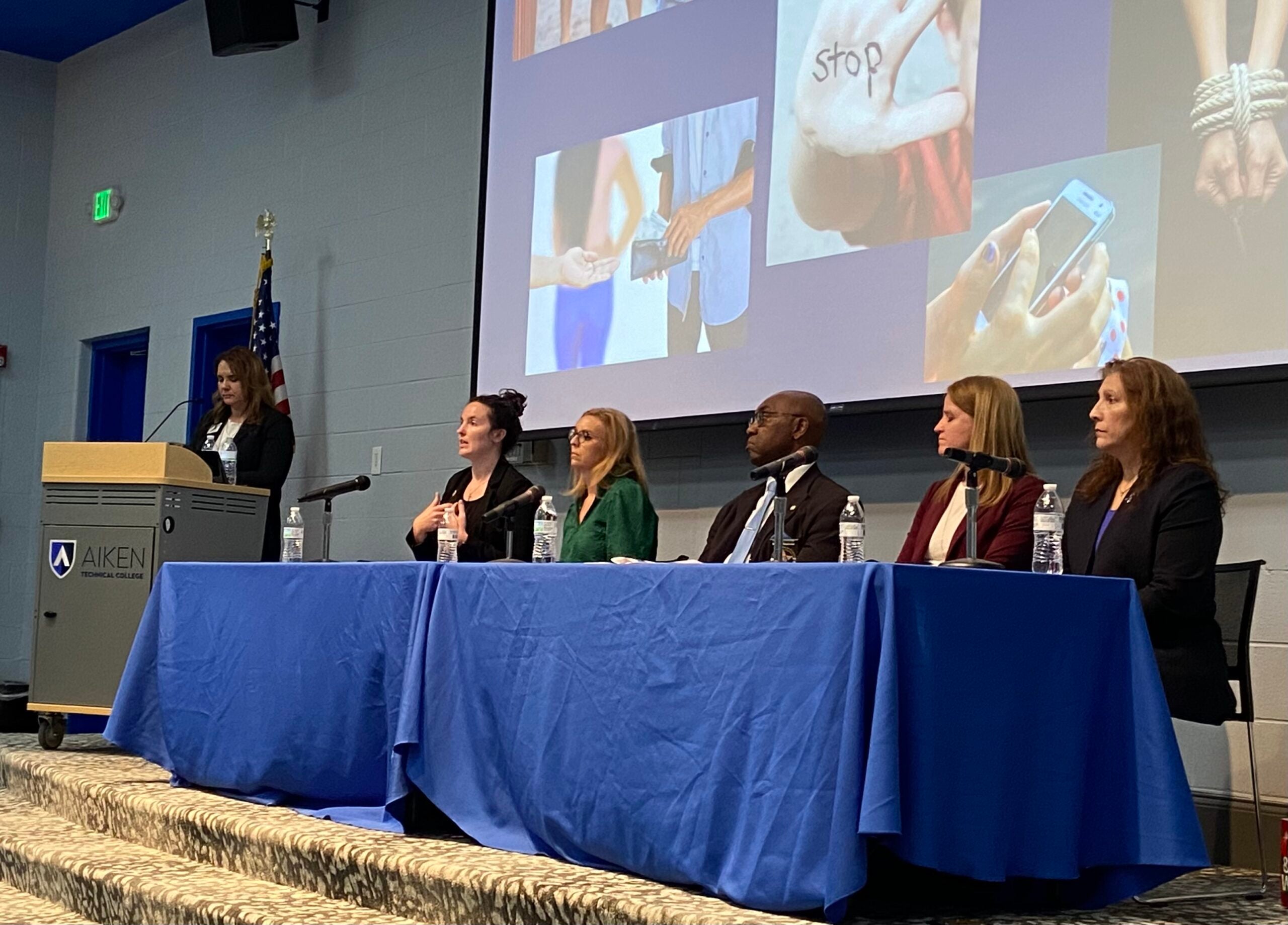Inviting students and the public to discuss local dangers, Aiken Technical College hosted a program on Thursday evening, Jan. 18, to highlight the dangers of human trafficking in the U.S.
With an estimated 27.6 million victims worldwide at any given time, according to the U.S. Department of State, human trafficking has been identified as the globe’s fastest growing criminal enterprise worth over $150 billion a year.
From the billions of documented cases, 20% of victims were children, many were primarily female victims and 70% of the cases involved sex trafficking.
According to data from the U.S. Department of State, over 300,000 minors are at risk of being trafficked every year within the nation, and an estimated 300 children are sold in Atlanta each month.
After the U.S. was identified as the world’s third most prevalent country to suffer from human trafficking cases, South Carolina’s attorney general was tasked in 2012 with establishing an interagency task force to develop and implement a State Plan for the Prevention of Trafficking in Persons.
To bring awareness to the local community, some of South Carolina’s human trafficking crime experts participated in a question and answer panel. The panel included: Executive Director of Aiken County’s Child Advocacy Center Maryann Burgess, Chief Executive Officer Lisa Kejr from Lighthouse for Life, Human Trafficking Program Coordinator Mandy Bowden from South Carolina’s Human Trafficking Task Force, Detective Eleanor Hunter from the Aiken Department of Public Safety and Lieutenant Eric Kirkland from Barnwell County’s Sheriff’s Department.
Over 10 years later, thousands of cases have been investigated. In 2023, the South Carolina Law Enforcement Division opened 357 cases, which involved 498 victims.
In 2023, SLED has also been able to identify the top counties within South Carolina that suffer the most from human trafficking, which included: Richland with 43 cases, Greenville with 34 cases, Aiken and Horry tied for third with 24 cases, Berkeley with 23 cases and Charleston, Lexington and Spartanburg tied for fifth with 21 cases.
“It is very much here in Aiken County,” said Hunter. “The majority of cases I have worked on have all been all sex trafficking … and it’s ranged from juveniles to 30-something year old women.”
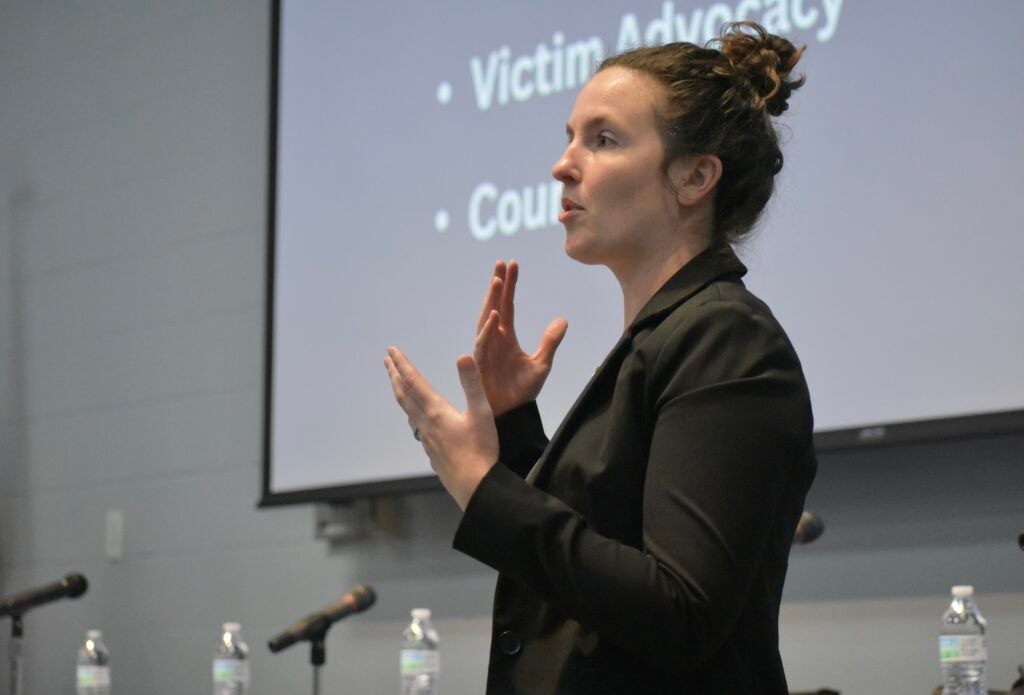
Speaking out against misconceptions and false Hollywood portrayals, several panelists said the vast majority of trafficking cases involve family members or friends selling minors and women.
“One of the reasons this market is growing even faster than the drug industry is because it’s highly profitable. When you think of selling drugs, it’s one time, but a person you can sell again and again as a reusable commodity,” said Kejr.
The experts said minors were most at risk, especially with social media normalizing contact online between strangers. Through a grooming period, panelists said potential victims are often targeted for their emotional or physical vulnerability, which traffickers often exploit with the promise of providing victims’ needs and wants.
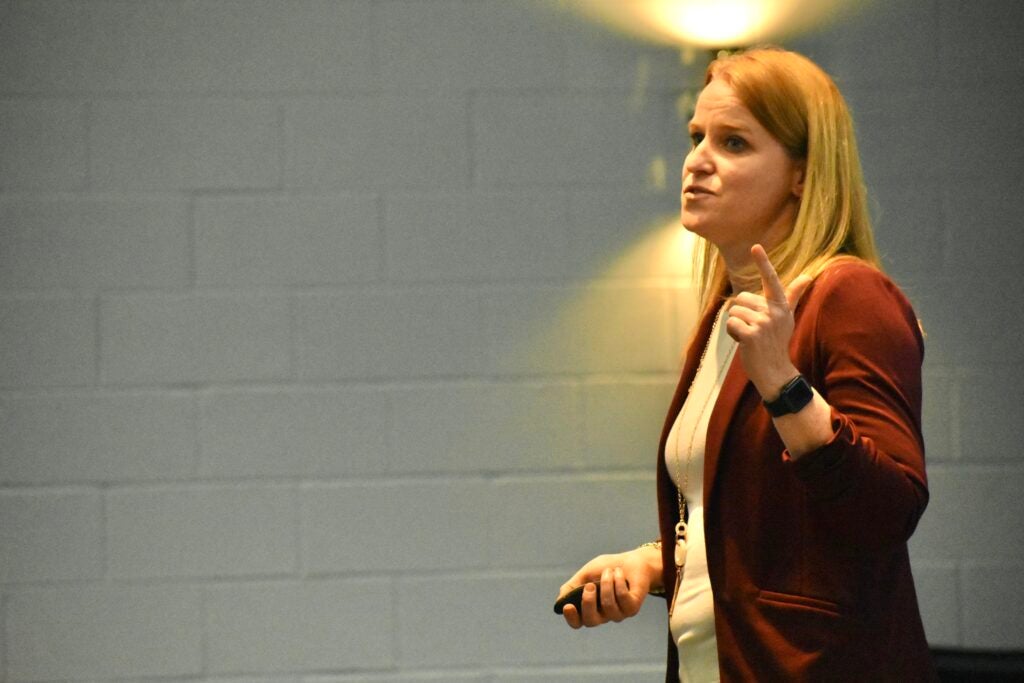
“Somebody can be trafficked while they’re at home and their parents can have no idea that it’s even going on,” said Kejr. “We’ve had some cases where children live at home, they go to school and their personality might change … parents don’t realize that they’re sneaking out at night to go live another life.”
Although runaways and children from broken homes are at significantly higher risk of being trafficked, guest panelists said each believes anyone could be in danger of being trafficked given the right circumstances, which is why the public must avoid victim blaming and acknowledge trafficking as a devastating problem.
“Anyone can be trafficked, but we are having more issues with our juveniles that have problems at home,” said Kirkland. “But it’s not a choice … victims need a support system. They’ve been through a gut wrenching, tormenting ordeal and that doesn’t just go away. They will never forget. All we can do is be there for them.”
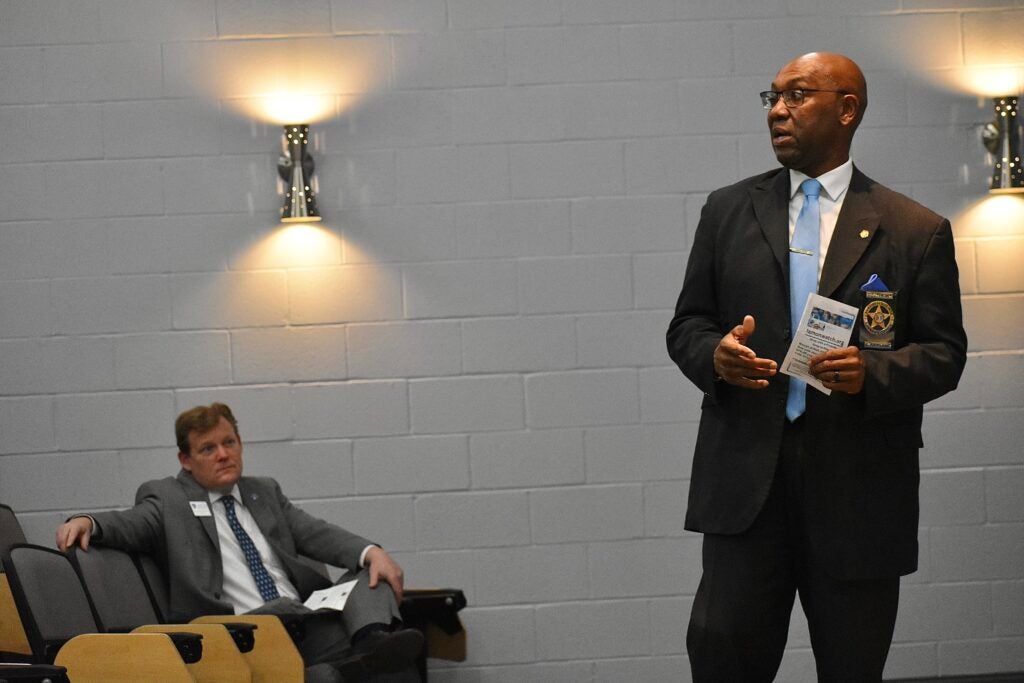
For parents seeking advice on how to educate their children and avoid them being manipulated online, panelists suggested families take precautions by making it a habit to check minors’ phones – especially texts and other forms of communication.
“We should be equally, if not more, vigilant on social media and the internet as we are in real life and in-person,” said Bowden.
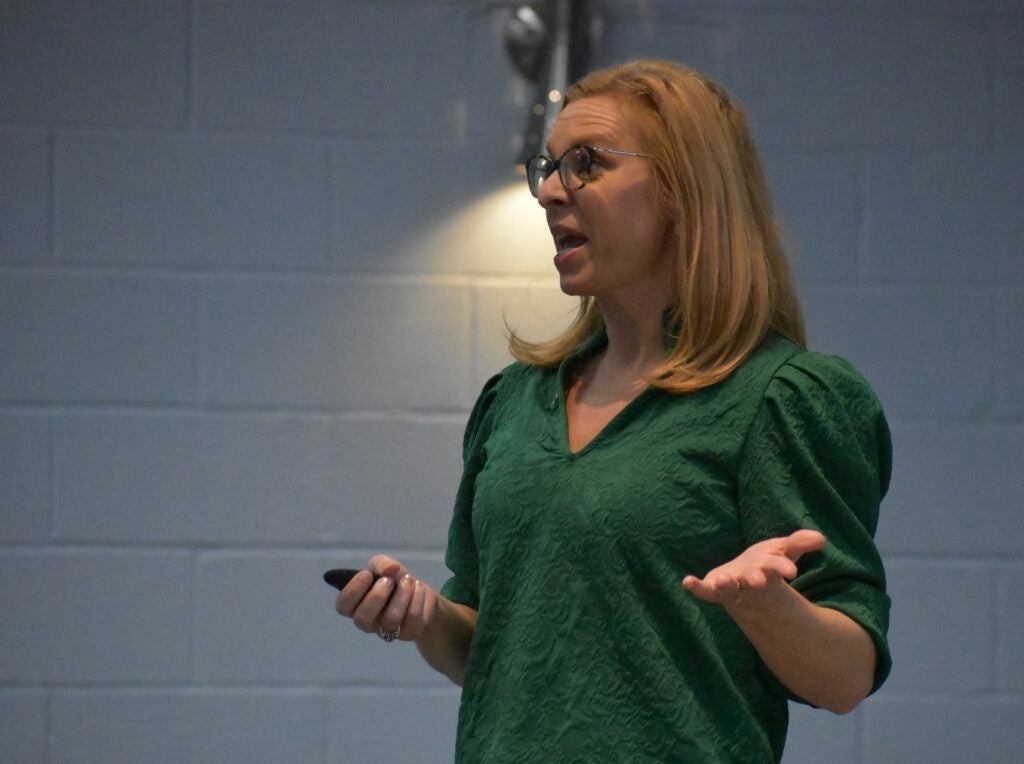
With local resources, 10 active regional human trafficking task forces in South Carolina and another three soon to launch, Burgess said she hopes involved experts, who participate in community forums, reach possible attending victims and make them feel less alone.
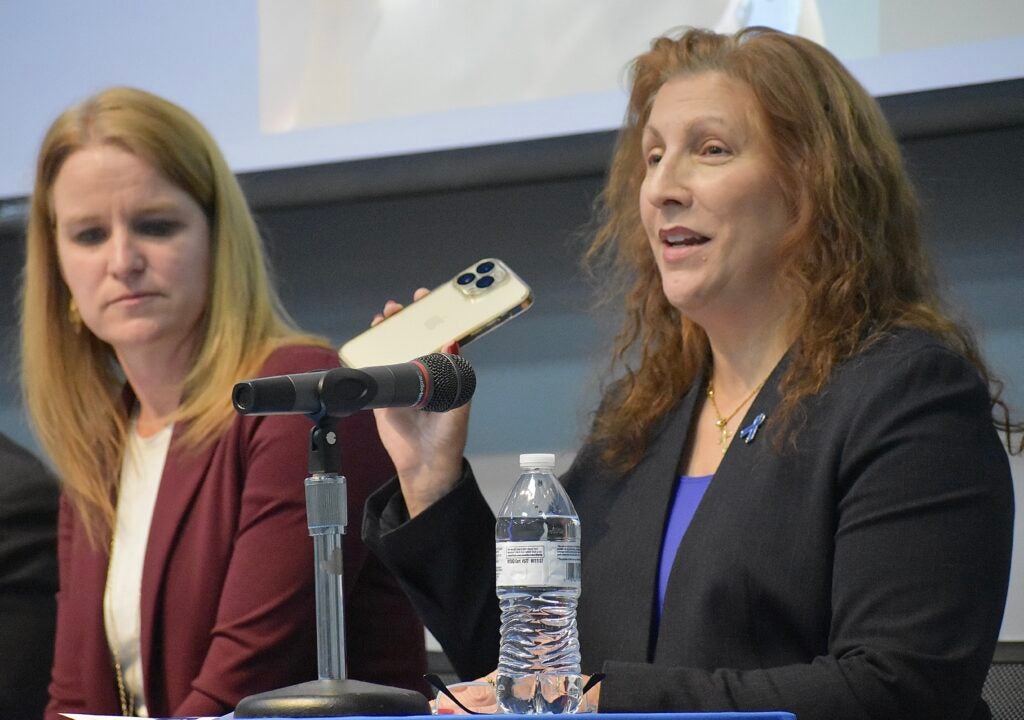
“A child could be trafficked in their home life or at school,” she said. “So we try to get out there and educate the public, as many organizations do, because it takes all of us – it takes everyone – not one agency or organization can combat this issue by themselves. We all have to do our part.”
To report any human trafficking cases, contact the National Human Trafficking Hotline at 1-888-373-7888.
Other resources include humantrafficking.scag.gov or polarisproject.org.
Liz Wright is a staff writer covering education, lifestyle and general assignments for The Augusta Press. Reach her at liz@theaugustapress.com

